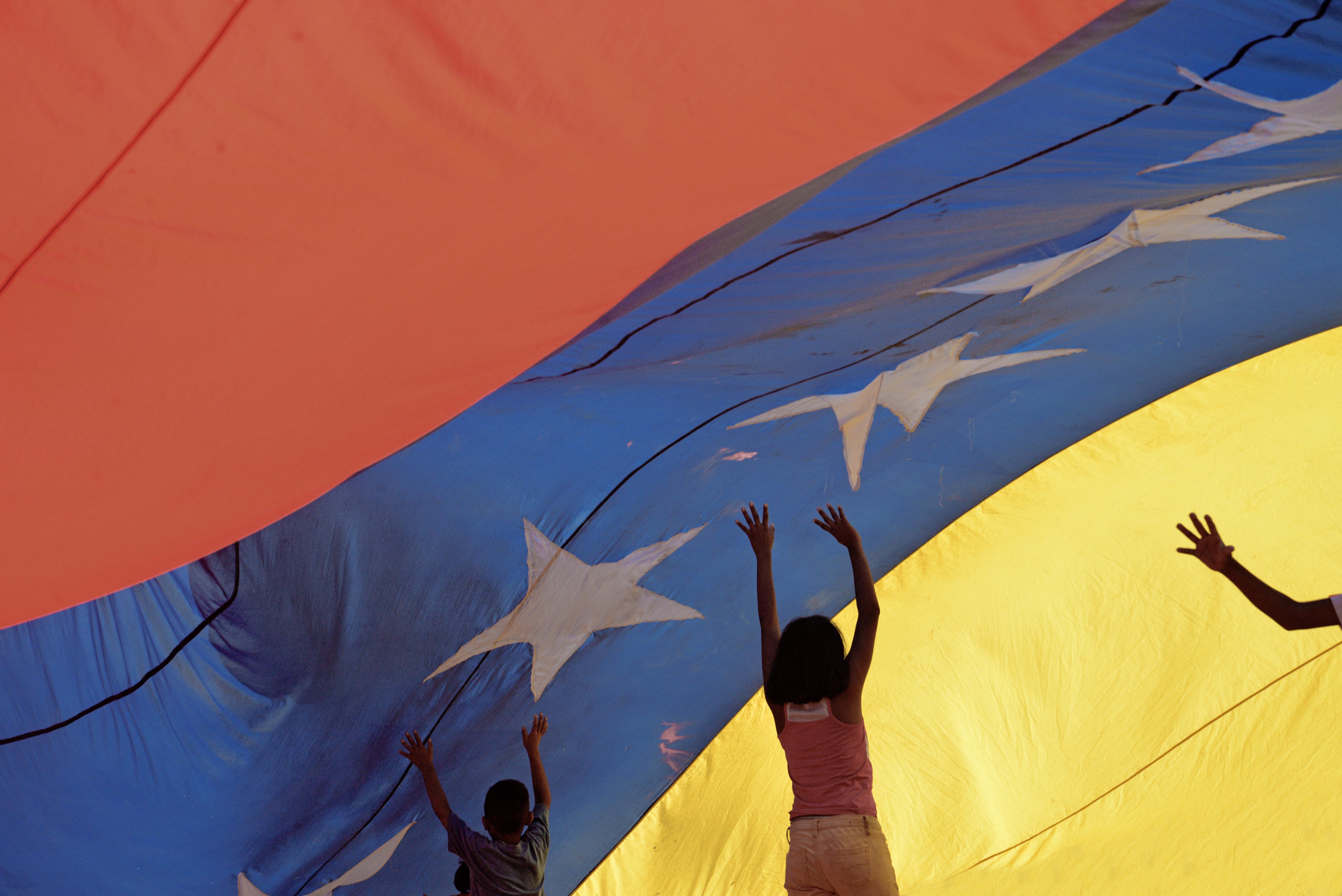This Learning Lab is a special session of the 2021 High Level Political Forum on sustainable development (HLPF) that will focus on the implementation and reporting of SDG 16+ and its centrality to ensure no one is left behind.
Búsqueda
Region
Country
Type
International IDEA is hosting a two-day expert workshop on “Marginalized Groups in Electoral Processes: Challenges and Strategies for Inclusion”, on 22-23 November 2016. The workshop will be held at International IDEA’s Headquarters in Stockholm, Sweden, and will bring together internal and external experts in the areas of electoral processes and political inclusion.
In situations of violent conflict, negotiated agreements—including ceasefire or peace agreements and documents detailing constitutional arrangements—attempt to reach a new political settlement between the warring protagonists, which is ideally supported by the broader society. Such political settlements aim to move the country or region from conflict to a situation characterized by constitutional commitments to good governance and the rule of law.
International IDEA will host a round table discussion on “Refugees, Asylum Seekers and Democracy” on 5–6 September 2017, at International IDEA’s headquarters in Stockholm, Sweden.
The Office of International IDEA to the EU is co-organizing a conference in celebration of the International Day of Democracy in Brussels, on 27 September 2017.
The introduction of information and communication technologies (ICTs) into the electoral process is generating both interest and concern among voters, as well as practitioners across the globe. The overall objective of the workshop is to enhance participants' capacity to ensure that ICTs contribute to strengthening the credibility and transparecy of electoral processes.
More specifically, the workshop will:
The Office of International IDEA to the European Union, with the support of the Permanent Representation of the Kingdom of the Netherlands to the European Union, will organize a Roundtable on "The 2030 Agenda: Addressing corruption in support of democratic governance and sustainable development".
International IDEA is organizing a working session on "Constitution-Building and Revision Processes in Transitional, Fragile, Post-conflict, and Conflict Environments" in Dakar, from 20 - 21 November. The event is part of International IDEA's Technical Assistance Programme to Constitution-Building/ Revision Processes and Respect of Constitutionalism and Rule of Law in African Countries. It will target three countries: Gambia, Mali and South Sudan.
In his State of the Union 2017 address, European Commission President Jean-Claude Juncker stated that the “Union needs to take a democratic leap forward”, and referred explicitly to the role of European political parties in the next European Parliament elections, new rules on the financing of political parties and foundations, transnational lists, and the Commission’s Citizens Dialogues and democratic conventions.
International IDEA in collaboration with the Organisation International De La Francophonie and Department of Political Affairs of the African Union Commission are organizing a Colloquium on the New Developmental Approach to Natural Resource Governance: "Lessons Learnt, Experience Sharing and Emerging Practices for Parliamentarians and Political Party Leaders in African Count
International IDEA and the Ministry of Justice of the Gambia in partnership with the Department of Political Affairs of the AUC are organizing a brainstorming session on "Constitution-Building Process and Transitional Justice: Comparative Experiences from Africa" in Banjul, Gambia on 15 March 2018.
The objectives of the brainstorming session will be to:
- Assess the status of the constitution-reform process in the Gambia - issues and processes;
International IDEA will take part in a panel discussion between experts with the participation of young leaders from around the world on “The Role of Youth in the Peace and Security Dialogue”.
With the global refugee population reaching an estimated 22.5 million by mid-2017, compared to 10.4 million in 2011, the world is seeing an unprecedented increase in the number of refugees and asylum seekers. More than half of the global refugee population comes from only three countries: Syria, Afghanistan, and South Sudan.
The appeal of traditional institutions for political representation, such as political parties and legislatures, seems to be in decline in both established and developing democracies alike. Increasingly, new forms of political action and agendas emerge, including different forms of Populism.
The International Institute for Democracy and Electoral Assistance (International IDEA) and the US–India Policy Institute are pleased to invite you to the Interactive Discussion on “Electoral management and inclusive democracy: the Indian experience”.
Interactive Panel Discussion
Governments, intergovernmental organizations and civil society actors around the world are increasingly grappling with the corrosive effects of organized crime over the health of democratic institutions, most notably elections, political parties and local administrations. This corrupt influence, in turn, further undermines citizen trust in political institutions, and fuels instability in all regions.
On 12 July, International IDEA and the Lab of Democratic Transformations, will discuss the findings of a new study on the quality of local democracy in Ukraine.
The Melbourne Forum on Constitution Building is organized jointly by International IDEA and the Constitution Transformation Network at Melbourne Law School.
Support to Electoral Processes and Democracy – STEP Democracy partners welcome you to celebrate the International Day of Democracy with a presentation on global democratic trends and a panel discussion on the state of democracy in South East Asia and Myanmar.
A presentation on the Global State of Democracy and the Panel Discussion, including Q&A will be live streamed. Watch the live stream on Monday, 17 September 2018.
Organized by the Konrad-Adenauer Stiftung in Spain, this Forum explores the current state and future of democracy. Gathering policymakers, leaders of local political movements and experts from Asia, Africa, Europe and Latin America, participants are invited to explore the current state of democracy and how to address the challenges facing it now.

